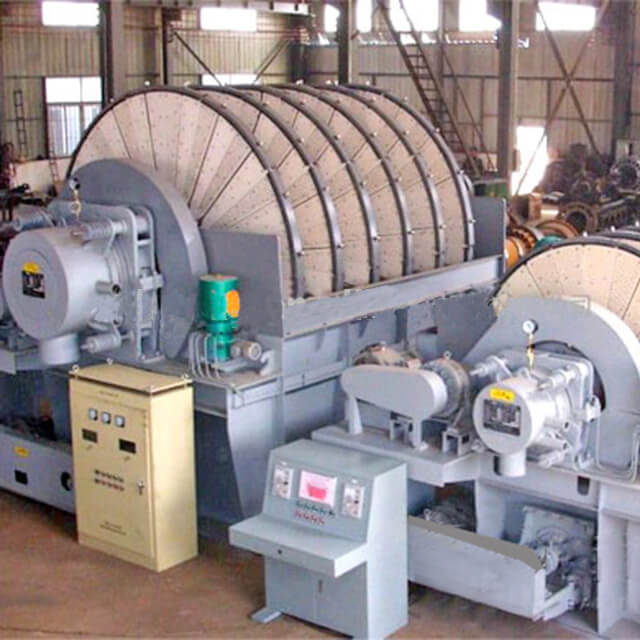Preconcept and sizing of a concentrate filter (LA25)
ISSUE
A rare metal mining plant in northern Quebec dries its concentrated ore using a furnace. The concentrated ore that is sent to the furnace is produced by a disk filter, forming a very wet cake. Since the furnace drying capacity is limited, the high moisture content of the cake, therefore, had a negative influence on the production capacity of the plant. Thus, the plant decided to replace the existing disc filter rather than the furnace to increase the production capacity while maintaining a low investment costs. The plant used STS Canada to size the new filter.
TECHNOLOGICAL CHALLENGE
The challenges of this project were: the identification of the vacuum filtration technology to reach low humidity of 8% maximum humidity while considering the criteria of flow and the floor space availability.
RECOMMENDED SOLUTION
STS Canada first tried to reduce cake moisture by optimizing the filter media type by testing three (3) different types of media. Secondly, STS Canada theoretically identified the type of filter that would achieve the target moisture level. Finally, STS Canada used the data collected during the filtration tests to calculate the filtration area required to meet the flow and moisture criteria with the previously identified technology.
RESULTS
With the STS Canada analyses and studies, filter media was selected to minimize the residual moisture of the cake. However, this modification was not adequate to make it possible to achieve the moisture content target. The residual moisture in the cake was 10% instead of the desired 8%. Therefore, the addition of a specialized surfactant additive was suggested to the customer to reach the target moisture level without replacing the filters. Also, STS Canada identified and sized the type of filter that would achieve both the residual moisture level and the flow rate, giving the customer two potential options to maintain their dryer.

EXPERTISE FIELD
Liquid treatment
Solid-liquid separation
Vacuum filter
Disc filter
SECTOR
Mine and foundry
LEVEL OF INTERVENTION
Engineering
Preconcept
Laboratory tests
Matrix characterization
Laboratory simulation